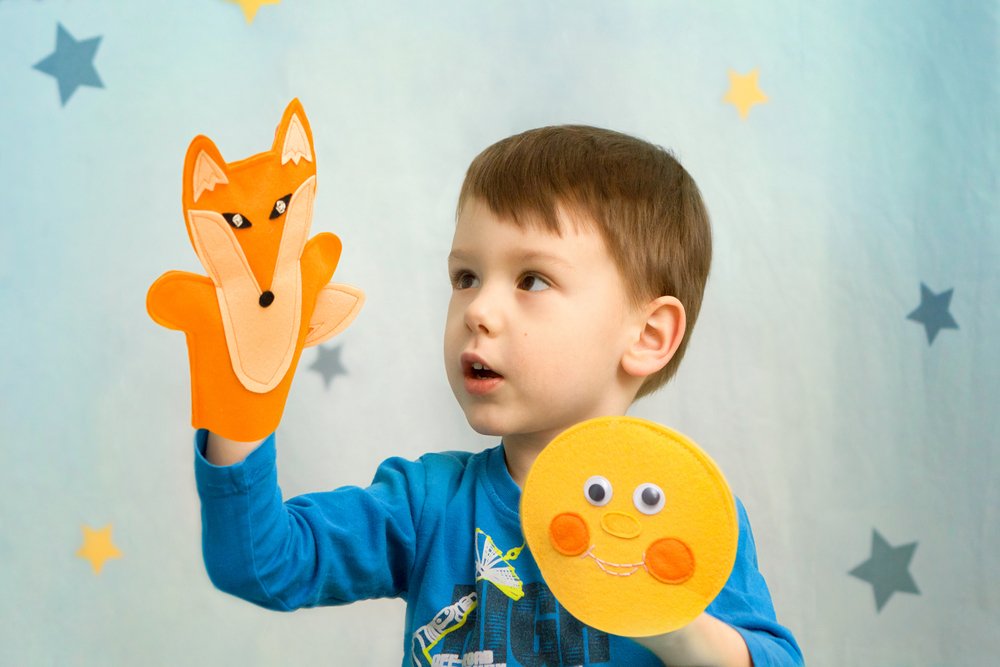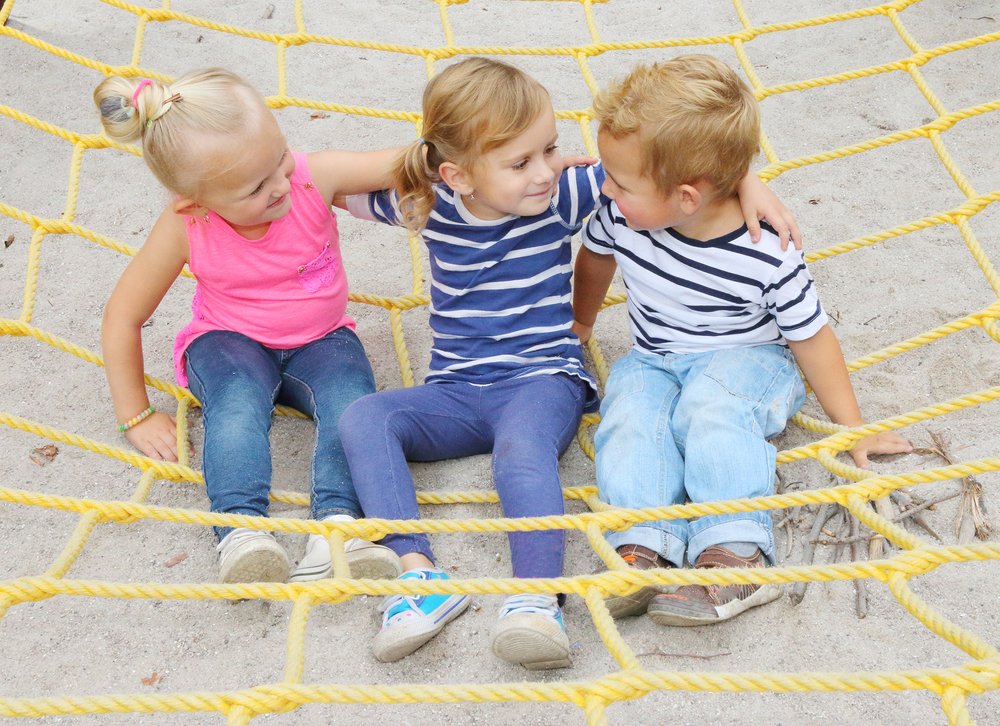
Using my child’s tantrums as a learning experience
Key points: Tantrums are common between ages 2 and 4. Tantrums are a way for preschoolers to express intense feelings or frustrations. Help…
Discover the key milestones of physical, cognitive, linguistic and socio-affective child development and understand the science behind child development.
Discover the key milestones of physical, cognitive, linguistic and socio-affective child development and understand the science behind child development.

Key points: Tantrums are common between ages 2 and 4. Tantrums are a way for preschoolers to express intense feelings or frustrations. Help…

Key points: Encourage jumping skills through animal imitation and vocabulary-building games. Dance to upbeat music, coordinating jumps and arm movements with the rhythm….

Key points: Jumping is a fundamental gross motor skill, involving take-off, flight, and landing. It supports various developmental processes, including coordination, attention, stability,…

Key points: Transition from crib to bed after 36 months when your child understands rules and limits. Celebrate the transition and position the…

Key points:1. Reading with your preschooler promotes language development and bonding.2. Choose a suitable time for reading, like bedtime, to unwind and relax…

Key points: Professor Matthew Sanders researches positive parenting’s impact on parent-child relationships and emotional development. Tips: Daily conversations, genuine interest, realistic expectations, and…

Key points: Toddlers and preschoolers go through a crucial development phase with challenges like impulsivity and defiance. Positive parenting tools can improve a…

Key points: Positive Discipline, as advocated by Jane Nelsen, emphasizes mutual respect over punishment for teaching children discipline. Practical tips for implementing positive…

Key points: Matthew Sanders’ research in 1999 provided practical strategies for children’s social and emotional development. Positive parenting strategies for preschoolers include a…

Key points: Hand dominance usually forms by elementary school age. Encourage hand dominance exploration with midline placement and coordination activities. Activities like dough…

Key points: Hand preference, laterality, and dominance describe a child’s tendency to favor one hand for motor skills. Both hands have important roles…

Key points: Manual dexterity is the ability to manipulate objects using coordinated hand and finger movements. Around 36 months of age, children begin…

Key points: The “Mozart effect” oversimplified music’s impact on intelligence, but music remains valuable for child development. French research links preschoolers’ music skills…

Key points: Professor Susan Hallam’s research underscores the importance of musical skills in childhood and beyond through “transfer of learning.” “Transfer of learning”…

Key points: Balance is crucial for various activities, from standing to playing pretend and gaining independence in tasks like dressing and eating. Children’s…

Key points: Children may appear picky around food due to exploring boundaries and limits, taste preferences, or difficulties with trying new things. American…

Key points: Defiance is a common marker of a child’s social and emotional development between 2 and 4 years old. Parents can respond…

Key points: Children are exploring the concept of “personhood” and striving to establish themselves as independent individuals during their toddlerhood and preschool years….

Key points: The question of when, why, and how children become self-aware has been a crucial inquiry for developmental psychology. Psychologist and researcher…

Key points: Self-awareness skills are important for children as they develop and grow. These skills help children to understand and regulate their own…

Key points: Developing self-awareness skills is crucial for a child’s future relationships and overall mental health. Children around four years old start working…